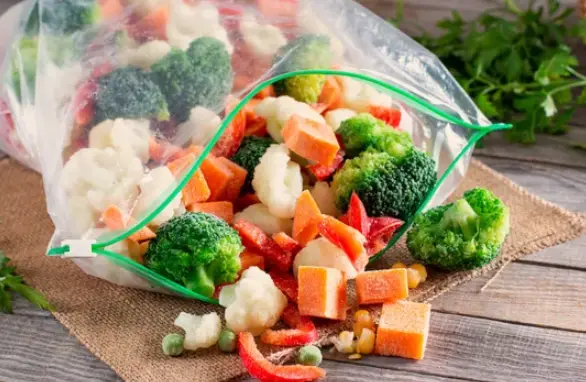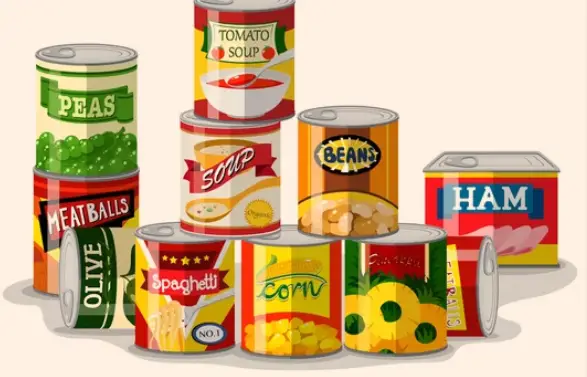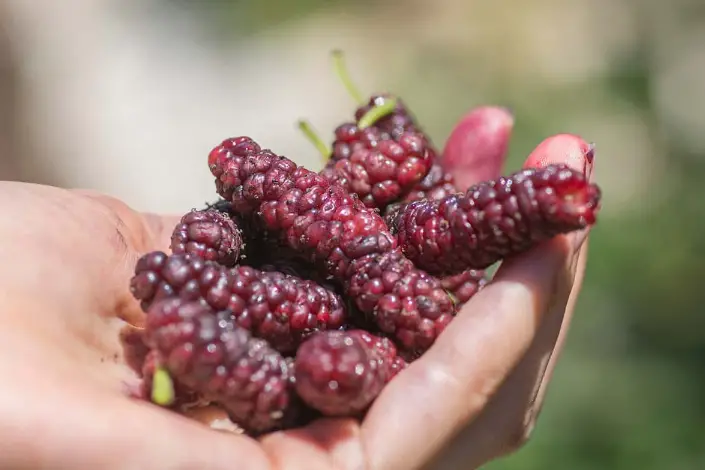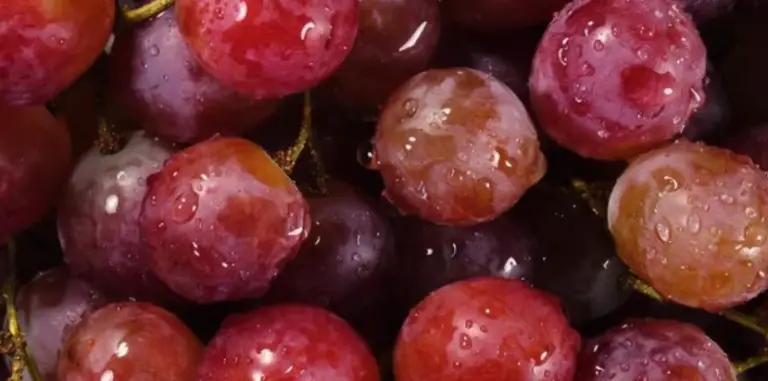How Long Do Dill Seeds Last? A Guide to Storing and Using
Dill is a fragrant herb that belongs to the celery family. Feathery green leaves and yellow flowers produce small, oval seeds. Dill is widely used in Mediterranean, Scandinavian, and Eastern European cuisines, especially for flavoring fish, pickles, salads, and soups. But how long do dill seeds last, and what is the best way to store them? In this blog post, we will answer these questions and give you some tips on how to use dill seeds in your cooking.
How to Store Dill Seeds
Dill seeds are dried and can last for a long time if stored properly. The main enemies of dill seeds are heat, light, and moisture, which can reduce their flavor and potency. Here are some tips on how to store dill seeds:
- Store dill seeds in an airtight container, such as a glass jar or a plastic bag. This will prevent them from absorbing moisture and losing their aroma.
- Keep dill seeds in a cool, dark place, away from direct sunlight and heat sources. A pantry, a cupboard, or a drawer are good options. Avoid storing dill seeds near the stove, the oven, or the window.
- Label the container with the date of purchase or packaging. This will help you keep track of how long the dill seeds have been stored and when to use them.
How long do dill seeds last?
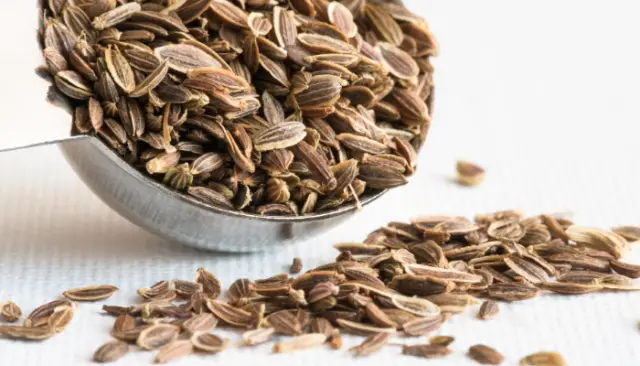
The shelf life of dill seeds depends on how they are stored and how they are packaged. Generally, dill seeds can last for up to two years if stored in optimal conditions. However, this does not mean that they will go bad or spoil after that time. Dill seeds are safe to use as long as they are dry and free of mold or insects. However, they may lose some of their flavor and aroma over time and not season your food as well as fresh dill seeds.
To test the quality of dill seeds, you can rub or crush a small amount in your hand and smell it. If the dill seeds have a strong and pleasant aroma, they are still good to use. If the dill seeds have a weak or stale smell, they may have lost some of their potency, and you may need to use more of them to get the desired flavor. If the dill seeds have no smell at all, they are probably too old and should be discarded.
How to Use Dill Seeds
Dill seeds have a slightly bitter and pungent flavor that is similar to that of caraway seeds. They can be used whole or ground, depending on the recipe and your preference. Here are some ways to use dill seeds in your cooking:
- Add dill seeds to pickling brines to make homemade pickles, such as cucumbers, carrots, beets, or onions. Dill seeds will infuse the pickles with a tangy and aromatic flavor that complements the vinegar and salt.
- Sprinkle dill seeds over fish, chicken, or pork before roasting or grilling. Dill seeds will add a warm and earthy note that pairs well with the meat and the smoky char.
- Toast dill seeds in a dry skillet over medium heat until fragrant and slightly browned. This will enhance their flavor and make them easier to grind. You can then use a mortar and pestle or a spice grinder to make your own dill seed powder. You can use this powder to season soups, stews, sauces, dips, or dressings.
- Mix dill seeds with other herbs and spices, such as garlic, onion, mustard, thyme, or parsley, to make your own spice blends. You can use these blends to flavor breads, crackers, cheese, or butter.
- Brew dill seeds in hot water to make herbal tea. Dill seed tea has a soothing and refreshing taste that can help with digestion, bloating, and gas. You can also add honey, lemon, or mint to your dill seed tea for extra flavor and benefits.
Dill seeds are a versatile and delicious herb that can add a lot of flavor and aroma to your dishes. By storing them properly and using them creatively, you can enjoy their benefits for a long time. I hope this blog post has given you some useful information and inspiration on how to use dill seeds in your cooking. Thank you for reading
How to Use Fresh Dill in Cooking?
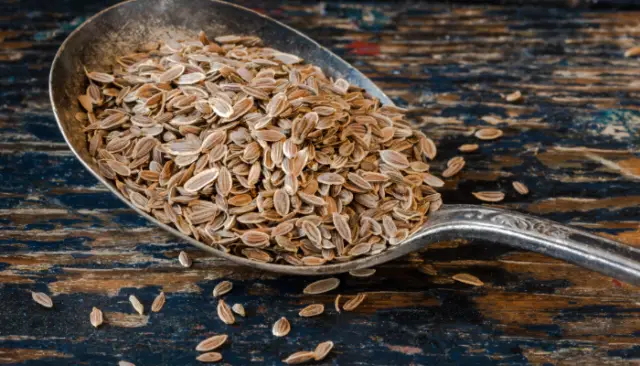
Fresh dill is a wonderful herb that can add a lot of flavor and aroma to your dishes. There are many ways to use fresh dill in cooking, such as:
- Adding it to soups and stews gives it a light, refreshing flavor. You can use whole sprigs or chopped dill, depending on your preference.
- Mixing it with mayonnaise, yogurt, or sour cream to make a delicious dip for vegetables, crackers, or bread. You can also add some garlic, lemon juice, or mustard for extra zing.
- Make a simple dill sauce by combining sour cream, lemon juice, and chopped dill. This sauce goes well with fish, chicken, or pork.
- Sprinkle it over salads, potatoes, eggs, or cheese for a fresh and fragrant touch. Dill pairs especially well with cucumbers, tomatoes, and feta cheese.
- I am baking it with bread, muffins, or scones for a savory and aromatic treat. You can add some cheese, onion, or corn to the batter for more flavor and texture.
Common Mistakes When Using Dill Seeds?
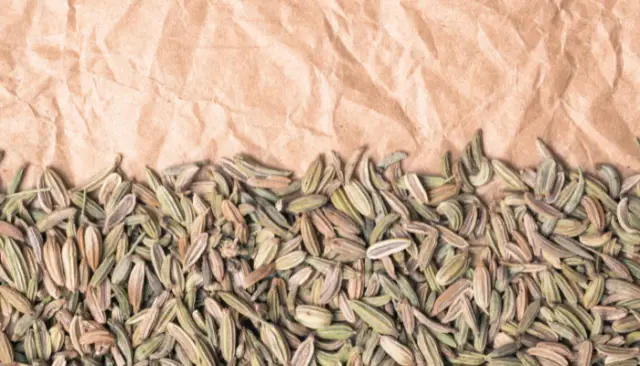
Some common mistakes when using dill seeds are:
- Using too many dill seeds can overpower the flavor of other ingredients. A little goes a long way with dill seeds, so start with a small amount and adjust to your taste.
- Using dill seeds instead of fresh dill, which has different flavors and applications,. Dill seeds are more bitter and pungent than fresh dill and are better suited for pickling, roasting, or grinding. Fresh dill is more lemony and refreshing and is better for salads, sauces, or garnishing.
- Not storing dill seeds properly, which can reduce their freshness and potency. Dill seeds should be kept in an airtight container in a cool, dark, and dry place, away from heat, light, and moisture. They can last for up to two years if stored well, but they may lose some of their flavor and aroma over time.
- Not toasting or frying dill seeds before using them, which can enhance their flavor and make them easier to grind. Toasting or frying dill seeds in a dry skillet over medium heat until fragrant and slightly browned can bring out their warm and earthy notes and make them more pliable for grinding or crushing.
Frequently Asked Questions on the Topic of How Long Do Dill Seeds Last?
Q: What are the benefits of using dill seeds in cooking?
- A: Dill seeds have a distinctive flavor that can enhance the taste of many dishes, especially those with fish, pickles, or dairy products. Dill seeds also have some health benefits, such as aiding digestion, reducing inflammation, and fighting infections.
Q: How can I tell if my dill seeds are still fresh and potent?
- You can check the freshness and potency of your dill seeds by rubbing or crushing a small amount in your hand and smelling it. If the dill seeds have a strong and pleasant aroma, they are still good to use. If the dill seeds have a weak or stale smell, they may have lost some of their potency, and you may need to use more of them to get the desired flavor. If the dill seeds have no smell at all, they are probably too old and should be discarded.
Q: How can I store my dill seeds to make them last longer?
- A: The best way to store your dill seeds is to keep them in an airtight container, such as a glass jar or a plastic bag, and store them in a cool, dark, and dry place, away from heat, light, and moisture. You should also label the container with the date of purchase or packaging, so you can keep track of how long the dill seeds have been stored.
Q: How can I use dill seeds in different ways?
- A: There are many ways to use dill seeds in your cooking, such as adding them to pickling brines, sprinkling them over roasted or grilled meats, toasting them and grinding them to make a powder, mixing them with other herbs and spices to make a blend, or brewing them in hot water to make a tea. You can find some examples and tips on how to use dill seeds in the blog post above.
This blog post is based on the following web sources: How to Store Dill: 3 Ways to Store Dill Weed and Dill Seeds, How Long Does Dill Seed Last?


